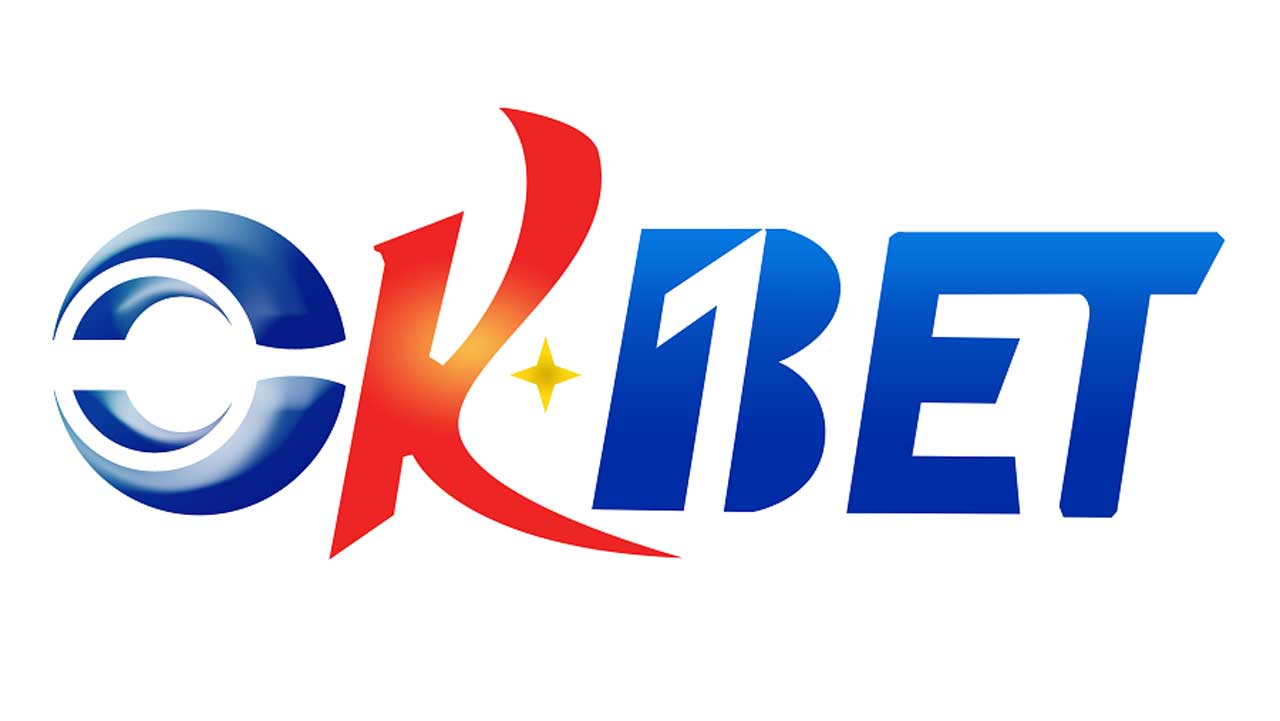The Allure of Influence: Navigating the Ethical Maze of Digital Endorsements

The digital age has ushered in a new era of marketing, where the power of influence reigns supreme. Influencers have become the go-to voices shaping consumer trends and desires, from meticulously curated Instagram feeds to persuasive YouTube tutorials. Yet, within this alluring landscape lurks a complex ethical web, particularly when endorsing products with potentially risky implications, such as those within online entertainment and gaming.
The Golden Halo Effect: Why We Trust Influencers and Celebrities

Influencers and celebrities hold a unique power in the digital world. Their carefully crafted personas, often built on authenticity and relatability, project a sense of trust and admiration onto their audiences. When they endorse a product, it’s akin to a personal recommendation from a friend or idol, triggering a powerful emotional connection and influencing purchasing decisions. This phenomenon, known as the “halo effect,” is particularly potent in online entertainment, where influencers showcase their experiences with seemingly harmless games and platforms.
The Blurred Lines: When Entertainment Becomes Enticement
The realm of online entertainment, however, often blurs the lines between harmless fun and potentially risky engagement. Platforms, particularly those with elements of virtual rewards like OKBet, can quickly morph into gateways to online gambling, where real money and addictive mechanics come into play. This raises a crucial ethical question: can influencers and celebrities, by endorsing these platforms, be held accountable for potentially influencing their audiences toward harmful behaviors?
The Ethical Conundrum: Balancing Transparency and Influence

Several arguments fuel the ethical debate surrounding influencer endorsements in this context. On one hand, influencers argue for their right to promote products they genuinely enjoy, regardless of potential risks.
They highlight their efforts to disclose partnerships and maintain transparency about their endorsements. On the other hand, critics argue that influencers, aware of their power, have a responsibility to consider the potential consequences of their endorsements, especially on vulnerable audiences susceptible to addiction.
Navigating the Ethical Maze: Towards Responsible Influencer Marketing
So, how can we navigate this ethical maze? Here are some potential solutions:
- Stricter regulations: Regulatory bodies could implement more stringent guidelines for influencer endorsements of products with potential risks, requiring clear disclaimers and age restrictions.
- Transparency initiatives: Platforms can encourage and incentivize influencers to be transparent about partnerships and disclose any potential conflicts of interest.
- Media literacy and awareness campaigns: Raising public awareness about the potential risks of online gambling and the influence of marketing tactics, particularly on vulnerable audiences, is crucial.
- Empowering informed choices: Ultimately, individuals must exercise critical thinking and make informed choices about their online activities, regardless of influencer endorsements.
The Power of Choice: Towards a Responsible Digital Future

The influence of influencers and celebrities in the digital age is undeniable. However, their power must be wielded within online entertainment with responsibility and ethical considerations. By promoting transparency, fostering media literacy, and empowering informed choices, we can ensure that the allure of influence doesn’t lead to unforeseen consequences but allows individuals to navigate the digital landscape with awareness and responsibility.




